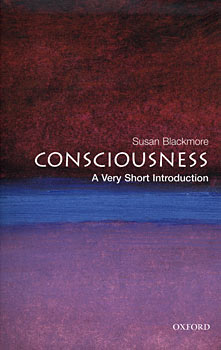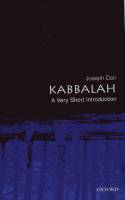Over the last week I've read "Quantum Physics and Theology an Unexpected Kinship" by John Polkinghorne. It's excellently written and he puts the case for the two subjects eloquently. Unfortunately the kinship still eludes me unfortunately. Other than that both concepts require an act of faith. I fully acknowledge that somewhere I've probably missed the point. Highly recommended anyway.
...
In my ceaseless quest for enlightenment on a spiritual level, I'm a voracious reader on the subject. I've read the opposing views in full i.e. Dawkins/Hawking/Penrose etc., so I thought I'd have another try with the other side.
I have posted in a fashion of Byron over the last few weeks, but trust me I have had a less flippant life off boards.
This post of Milly's inspired me somewhat (Thanks Milly!). John Polkinghorne was my college president for a small while, but I never really spoke to him. Which is a shame, 'cos like Milly I'm on a ceaseless quest, although I think I am looking for how the physical and spiritual worlds influence each other and a bridge between science and faiths.
I was about to start Dawkins God Delusion when I read Milly's post, and decided not to. I couldn't find "Quantum Physics and Theology an Unexpected Kinship", and ordered it from the bookshop. In the meantime, I did find Polkinghorne's "Very Short Introduction to Quantum Physics":

For those of you that saw Jim Al-Khalili's TV series "Atom", Polkinghorne covers much the same stuff - it's a brief and excellent history of the origins of quantum physics onwards.
I also read Polkinghorne's "Quarks, Chaos, and Christianity":

This is probably the 'kinship' book that Milly was expecting. For the first time I could see that there is space in the uncertainty of Quantum Physics for (a, many) God(s) to exist without treading on the toes of science. Admittedly, it was an argument that means neither side contradicts the other, but I wouldn't go quite as far as kinship in the sense that they help each other. I also found it intensely annoying that Polkinghorne is quite logical in his descriptions of how a super-being can exist inside/alongside the known physical world, but that he leapt in at every possibility to then say he believed it was the Christian God / Trinity. I found his argument for the possibility of Christ's resurrection less than convincing.
Then I read a lot of Dawkins "The Selfish Gene":

Not much I can say about it other than it's good. Well written, logical, difficult to knock. The only area I got annoyed was with him falling into the shorthand of saying , for example, an organism decides to develop longer arms, when he actually means the environment will favour organisms with longer arms, and thus increase the chance of their long-arm genes becoming dominant. He does return to long hand quite often, but not enough for my liking.
Then I read Milly's Polkinghorne book, which had arrived:

I would agree with Milly. It doesn't show any kinship. It is more of a compare and contrast exercise. I didn't get a lot of sense that the two disciplines came from the same root. Or that they were after the same thing. There were some interesting things though. This book explained the Trinity in the clearest way I have read (I believe it's bumkum, but I can at least now begin to see where they might be some possibility to it). It also made a good distinction between science having repeatable evidence through experiments, and religion having one-off evidence which cannot be repeated and tested.
Then I read 3 more of the very short introduction to... series. Susan Blackmore's Consciousness:

This was fascinating, mixing philosophy, brain science and medicine. There were a couple of moments I thought the logic was faulty, but I may not have understood some of the language properly or appreciated all the evidence. But I hope she is wrong, because she sort of ends with the self being a complete delusion. I felt quite deflated.
Then, Joseph Dan's Kabalah:

I knew a bit of Kabalah history from an old mentor. It's fascinating, and uplifting, and whilst it doesn't give you proof/answers about how things are, it helps you look a things in different ways. This book was more a history of how different aspects of Kabalah came about. It was also very interesting, but didn't really help me understand links between consciousness, science, self, and the spirit.
Then, Michael O'Shea's The Brain

Very well written, and leaves space for thought about how consciousness could be more than a delusion. And full of interesting things about how neurons and glions work. And inspiration, for me at least, about how consciousness appears and how it could be found in other systems outside brains.
Hence, I am going to read Douglas R Hofstadters "I am a Strange Loop"

But first, I'll get on with the Dawkins God Delusion.
Maybe one day I'll get back to fiction too!
Tommo

